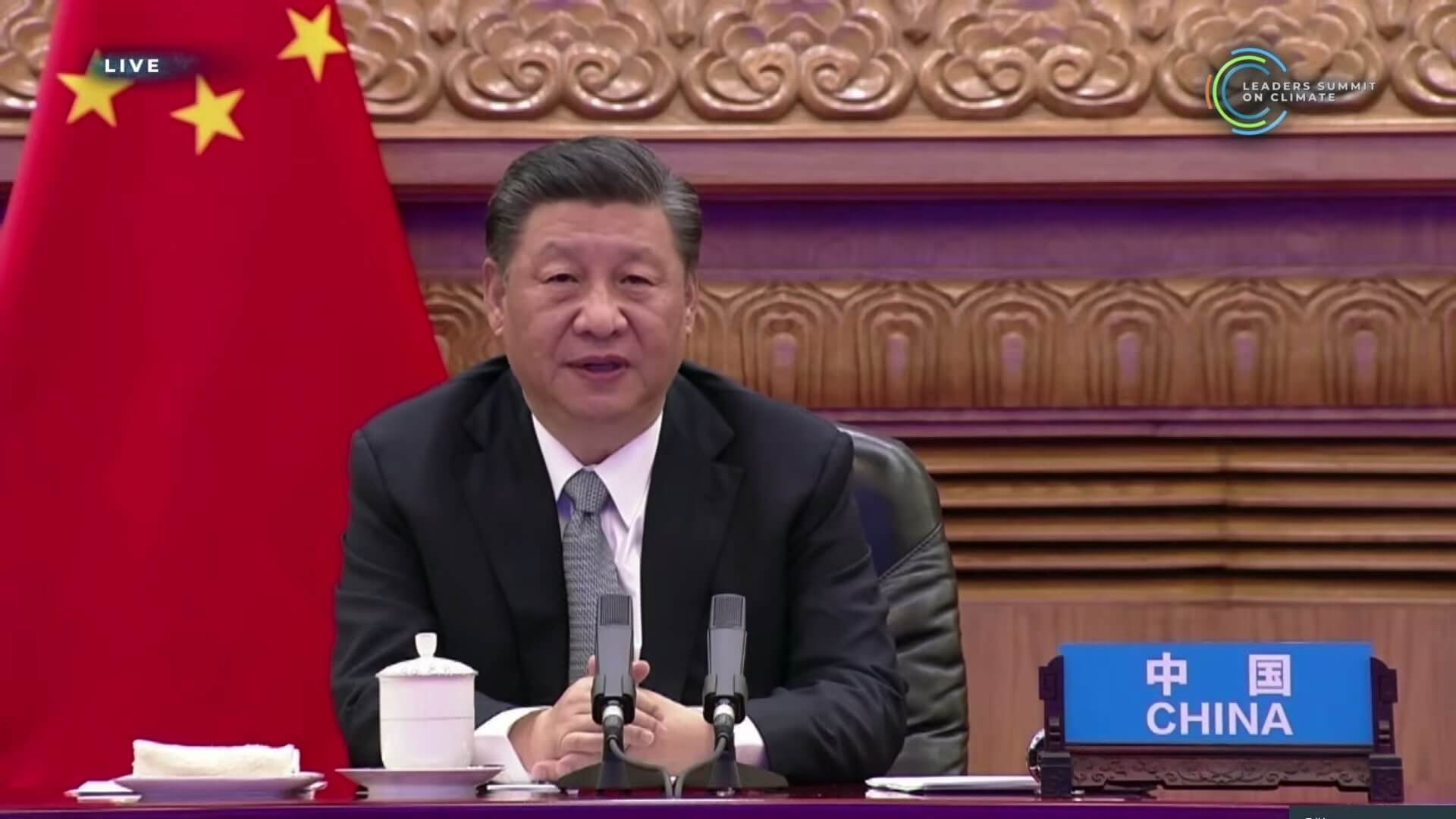Chinese President Xi Jinping delivered a speech at the Leaders Summit on Climate convened by US President Joe Biden on Thursday and reiterated China’s intentions to peak carbon emissions before 2030 and attain carbon neutrality by 2060.
Though Xi was expected to announce a new climate change policy in his address, he ultimately only reaffirmed China’s commitment to previously set national goals.
“Mountains, rivers, forests as well as farmlands, lakes, grasslands, and deserts all make indivisible parts of the ecosystem... We need to follow the innate laws of the ecosystem and properly balance all elements and aspects of nature. This is a way that may take us where we want to be, an ecosystem in sound circulation and overall balance,” Xi said in his opening remarks.
Further, he said that countries must come together to “strengthen partnerships and cooperation, learn from each other and make common progress in the new journey toward global carbon neutrality.” In order to achieve this, Xi said that it was important to “join hands, not point fingers at each other”. He added that continuity in pursuing these goals must be maintained and that nations must “not reverse course easily; and [we] must honour commitments, not go back on promises.” Referring to the ongoing COVID-19 pandemic and its impact on environmental governance, the president urged the international community “to come up with unprecedented ambition and action.”
Xi also welcomed “the United States’ return to the multilateral climate governance process.” “Not long ago, the Chinese and US sides released a Joint Statement Addressing the Climate Crisis,” he noted, adding that China looked forward “to working with the international community including the United States to jointly advance global environmental governance.” The importance of China and the United States’ cooperation on this front is underscored by the fact that they remain the world’s two biggest carbon emitters.
Xi further spoke of “the principle of common but differentiated responsibilities,” which he said “is the cornerstone of global climate governance”. The Chinese leader emphasised that nations “need to give full recognition to developing countries’ contribution to climate action and accommodate their particular difficulties and concerns.” Simultaneously, he called for developed countries “to increase climate ambition and action... make concrete efforts to help developing countries strengthen the capacity and resilience against climate change, support them in financing, technology, and capacity building, and refrain from creating green trade barriers, so as to help developing countries accelerate the transition to green and low-carbon development.”
The summit drew 40 heads of state, including Indian Prime Minister Narendra Modi and Japanese Prime Minister Yoshihide Suga. The key themes of Biden’s summit included “mobilising public and private sector finance to drive the net-zero transition and to help vulnerable countries cope with climate impacts” and “spurring transformational technologies that can help reduce emissions and adapt to climate change, while also creating enormous new economic opportunities and building the industries of the future.”
You can read the full speech here.

